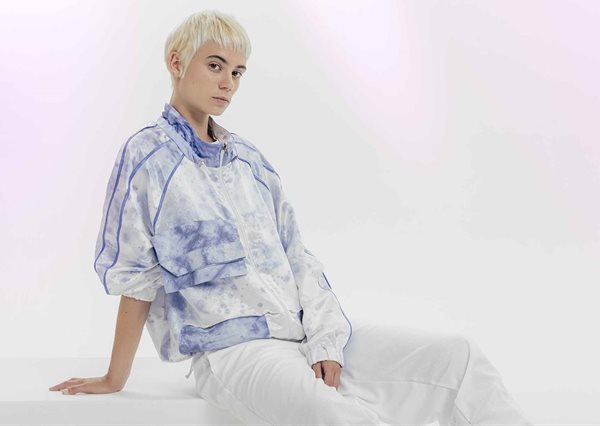
Related



Nigeria’s plastic waste could enrich the fashion industry: here’s how
Solaja Mayowa Oludele 22 Sep 2025



Top stories






More news




ESG & Sustainability
#Sona2026: President announces crisis committee to tackle SA's water challenges












The sportswear company's new biodegradable lifestyle and performance collection was created in collaboration with Dutch design project Living Colour and Swedish design studio Streamateria.
Design to Fade is Puma’s third biodesign project since 2016, and sees the company presenting new ways to reduce the environmental impact of fashion and sportswear.

These projects are yet to reach a commercial stage, so there is no store launch planned, but these innovations represent an important step towards making Puma more sustainable in the future.
Living Colour uses bacteria to dye textiles. The bacteria are fed with a nutrient that makes them produce a pigment, which can then be used to dye almost any kind of fibre.
Streamateria makes fabrics in closed material loops, a circular production chain with zero tolerance to waste. Streamateria materials are constructed of a printed mesh-structure, coated with a bioplastic to create a garment.
“Our times require us to rethink not only what to create but also how we create,” said Romain Girard, senior head of innovation at Puma. “With Design to Fade, we are working on a future, which focuses on sustainable production methods and recyclable materials.”